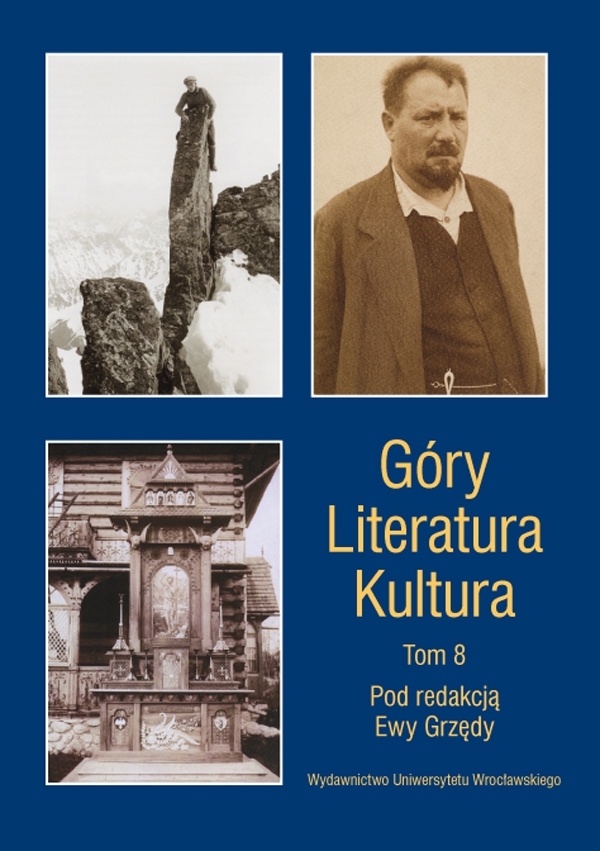

Artykuły

The linguistic etiquette of “mountain people” as seen in Stanisław Vincenz’s tetralogy Na wysokiej połoninie [On the High Mountain Pastures]
Worthy of note in the polyphonic linguistic structure of Vincenz’s Na wysokiej połoninie is the presence of utterances that can be described as acts of etiquette. They constitute an important element of social culture, being closely connected with all kinds of courtesy strategies, especially linguistic acts used by the partners in verbal interactions with regard to each other. Their objective is to create a positive image of oneself and, at the same time, to raise the status of their addressee, as well as to give meaning to the very act of communicating. In Vincenz’s Hutsul tetralogy the phenomenon of linguistic etiquette appears in the context of folk-type culture based on primary orality, in which face-to-face contact was the only form of transmitting information. The phenomenon is exemplified by various orations by the protagonists, formulaic utterances initiating dialogue, customary questions concerning the reality well-known to the interlocutors as well as good wishes and blessings expressing respect for the interlocutor, joy at the meeting and knowledge of the rules of linguistic and social etiquette. In the discursive layer of his work Vincenz tackles the question of the origins of the etiquette of linguistic acts, associating it with the special spatial dimension of the culture of the Hutsuls from the “old times” and its existential experience of loneliness of a shepherd, hunter or someone living in a cabin far removed from any human settlement, people for whom meeting another human being meant an end to isolation, a confirmation of belonging to the human community. Thus the linguistic etiquette of the “mountain people” presented by Vincenz comprises wanted and expected acts, the meanings of which go beyond the ordinary, perfunctory courtesy known to “civilised” societies.